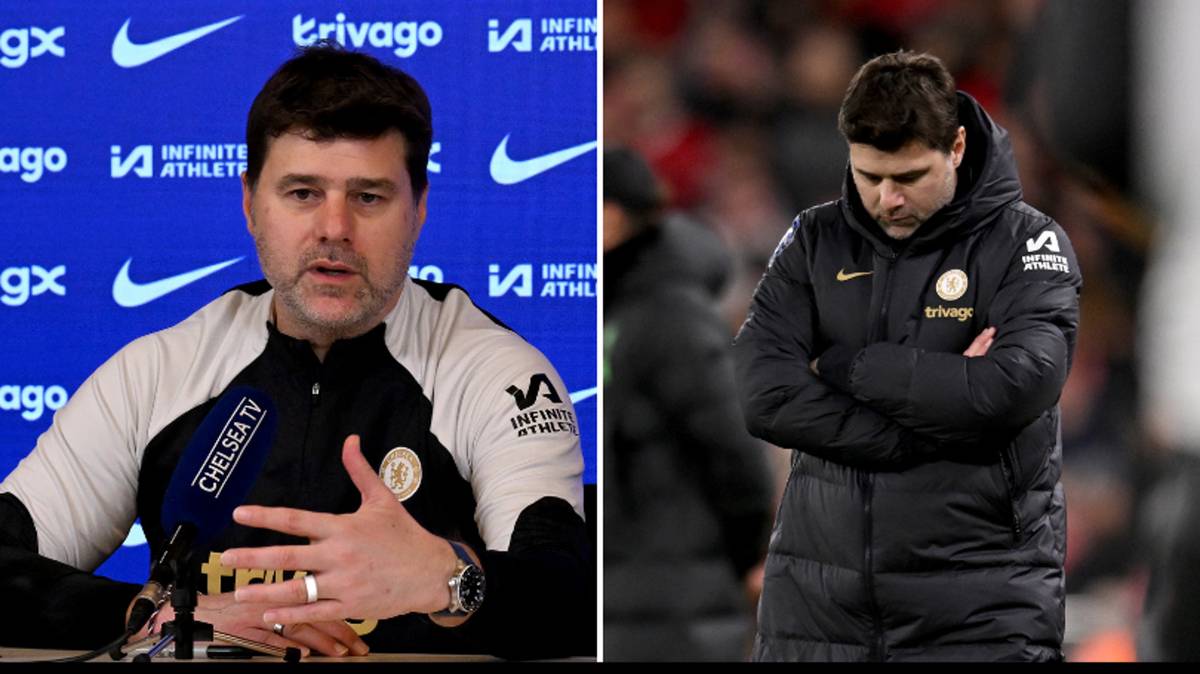
Following the recent Parliamentary vote of ‘No Confidence’ in the Football Association, those of us who to attempt to have a career operating within our national game eagerly await the FA’s much promised visions of reform.
Just one area of reform that is vital to the progression of the sport is for the FA to readdress their regulation of the football agency industry.
A poorly regulated football agency profession impacts upon all areas of the game. It negatively affects clubs, players, managers and of course the short changed fans. The role of the football agent, whether one likes it or not, is a vital part of the game – more so than many clubs probably care to admit. Which means it is even more vital that the FA properly regulates who can be an agent in the first place and then sanctions those that breach the rules.
“A poorly regulated football agency profession impacts upon all areas of the game”
Dan Chapman
Whilst the FA may claim their deregulation of the former Licensed Agent system (which has been replaced with the essentially unregulated ‘Registered Intermediary’ system) was forced upon them by FIFA and therefore they are not to blame for the ‘wild west’ that is currently in place, that is misleading.
Bristol Rovers were probably the first club to come out and “rant at unqualified agents” but they ought not to be the last.
In April 2015 it is true that FIFA chose to abolish their long-standing licensing of the football agency profession, leaving instead each national federation to introduce their own system. Whilst some very brief FIFA regulations remain, the essence was that each national federation had a fairly blank canvass from which they could work. The fundamental change, however, was that there would be no form of FIFA-led licensing, which had historically made entry to the agency profession quite difficult (the pass rate for the licensed agency exams ranged from just 6 to 35% in the five years before abolition).
The FA adopted the stance that, absent a mandatory licensing regime, they were powerless to do much about restricting who could become an ‘intermediary’ (the new term for an agent), and so they created a system whereby anyone who paid the fee (£500) and self-declared that they were of ‘good character and reputation’ could join the profession. I say self-declare for that is an important point. There is little verification required of one’s credentials and I have often pondered how likely it is that a dishonest applicant low on good character and reputation will be minded to complete the declaration truthfully!
But there it is: pay your fee, and tick the boxes to say you do not have a ‘disqualifying condition’ and you are up and running. You don’t even need to take out liability insurance, let alone pass any form of exam (or even basic competency test). You don’t need to know anything about football, as it happens. Readers will no doubt assume that, at the very least, those with a criminal record won’t be allowed near the careers of young, aspiring footballer? Not quite. An applying intermediary has to choose whether he or she wishes to receive clearance to act for minors and if/she does then they do need to supply an enhanced criminal record check. But for those who are content to advise only players aged 18 or above (or content to advise unlawfully…) no criminal record check is required or carried out. Instead, there is another self-declaration that one has no unspent convictions for a violent, financial or dishonest crime. Spent convictions for violence or dishonesty are perfectly acceptable as are unspent convictions for crimes that did not involve violence, finance or dishonesty.
The net result is that there are now FA Registered Intermediaries trading who have served prison terms and there may well be those with spent criminal convictions of any type, or unspent convictions that do not relate to violence or financial crime but are still objectively convictions that we ought not to want from those participating in the game.
Now, surely if the English system displays such latitude to those that wish to become intermediaries that must be the case in other jurisdictions? By way of contrast one could look at the Portuguese FA who have gone so much further.
To become an intermediary in Portugal one has to provide a copy insurance policy, ID card and passport, a full criminal record check, evidence of solvency and no unpaid taxes. More importantly, however, an “Intermediaries Commission” sit to review the application of each potential intermediary and if any doubts arise as to whether he/she has an “impeccable reputation” they are either declined entrance or called to a hearing. The Commission seek to ensure that ‘intelligence’ from the footballing community is applied to the review of the application.
In Spain, the system is even more robust. To become an intermediary one has to provide a written request to the Spanish RFEF (their FA) and then attend an interview at which it is determined whether you have suitable character, knowledge and ability to be able to “advise clients on the football market“. Only if you pass that interview do you proceed to the next stage where your identity, history and probity are reviewed.
People may consider it a surprising anomaly that the Portuguese and Spanish systems are more onerous than ours. However, a review of other jurisdictions proves not. In the UAE, for example, applicants are required to prove that they have at least 5 years of relevant experience in football before they can become an intermediary. In France, Czech Republic and Denmark, so frightened were their governing bodies by the suggestion of removing the agency exam partly set by FIFA, they introduced their own examination system. In Argentina, like Spain, an interview is required and in Mexico both an exam and an interview takes place.
In the UK, particularly if you do not request minor approval, you can in theory be a convicted criminal who does not pay tax, possibly with a history of dishonesty and disrepute in football and/or who knows absolutely nothing of use that equips to advise footballers on their careers – and you can become a FA Registered Intermediary. In most other jurisdictions, this could not be so.
Does any of this really matter, though? I believe, for many reasons, it does. We have intermediaries in England who are advising players badly (at best) and dishonestly. We have careers that could be derailed by the short-term greed of intermediaries and we are seeing intermediaries who – so unfamiliar are they with any form of scrutiny or regulation – have no issue with inducing or advising their players to breach their contracts or to ‘go on strike’ or to issue ill-considered statements on social media. I have seen intermediaries advising a player on contracts they have not even read and intermediaries ‘secure’ a player a wage 50% less than the one which is on offer, in return for a bigger fee for themselves.
But, heaven forbid, there is an even worse doomsday scenario. The FA Chairman Greg Clarke tells us in his response to the horrific recent abuse revelations that the FA’s priority is to ensure that there is not a “new generation of victims” and that “no stones are unturned”. He assures us that “we cannot and will not be complacent”. If that is so, Mr Clarke, please stop granting official “FA Registered” status to pretty much anyone who asks for it. If there is a 0.001% risk that your policy (one which almost every single member of the profession advised the FA in 2015 was truly absurd for countless reasons) might lead to another victim, DO NOT TAKE THAT GAMBLE.
And in so doing, you will solve hundreds of other ills which are being caused by the lax ‘regulation’ of the UK intermediary market too.



